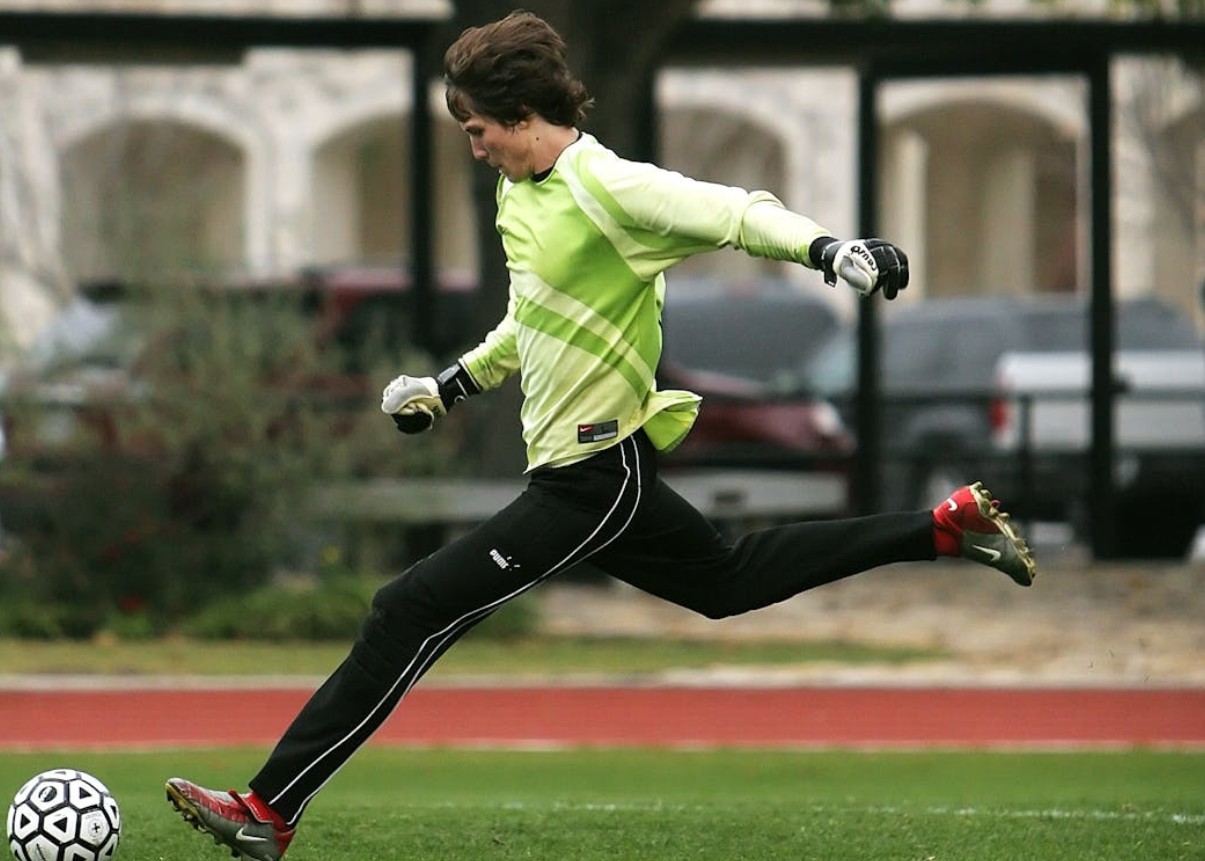Why Football Fans Are Superstitious – And What It Says About Us
Football has never been just about the game. For m

Football has never been just about the game. For many fans, match day begins long before the first whistle. Rituals shape the atmosphere — from a lucky scarf to checking the latest fixtures on https://paripesa.co.tz/en before kick-off. Some might laugh, but the pull of superstition is real, and it reveals a lot about human nature.
Rituals as a Comfort Zone
Supporters often turn to routines as a way to feel in control. The sport is unpredictable, and fans can’t change the score. But they can wear a specific scarf, eat the same pre-match snack, or stick to a route they believe brings luck. It’s not about logic. It’s about creating a sense of influence when the outcome is out of their hands.
Sports psychologists explain that rituals reduce anxiety. They give the brain a familiar pattern to hold onto in moments of tension. Even players have their own quirks — from wearing headphones in a certain order to stepping onto the pitch with a specific foot first.
Where Superstitions Come From
These habits often start with coincidence. A fan wore a certain jersey during a big win, and the brain linked the two. Over time, the jersey becomes part of the "winning formula." Social influence adds to it. If your friends believe in a ritual, you’re more likely to join in, even if you’re not fully convinced.
Three common sources feed football superstition:
- Personal experience: A lucky charm or ritual seems tied to past victories.
- Tradition: Customs passed down through families or local supporter culture.
- Collective belief: Entire fan groups adopting the same gestures or chants.
Together, they form a shared identity. Breaking the ritual can feel like letting the team down.
The Psychology Behind It
Superstition thrives in uncertain situations. Football has too many variables to predict perfectly. In those moments, humans tend to spot patterns, even when they’re random. This is called apophenia. It’s the same instinct that helped our ancestors survive by noticing potential threats.
For fans, a ritual acts like a mental anchor. It signals the brain to prepare for the emotional highs and lows ahead. The more emotionally invested the person is, the stronger the pull of these habits.
Match Day Habits That Stick
Some rituals are simple. Others require real commitment. Here are a few examples that often turn into lifelong traditions:
- Wearing the same jersey, even if it’s faded or torn.
- Sitting in the same seat at the stadium or at home.
- Meeting the same friends in the same location before every game.
- Following a strict meal or drink routine.
- Listening to the same song or playlist on the way to the match.
These small acts build anticipation. They make the game feel bigger than 90 minutes.
Why We Keep Doing It
Superstitions rarely fade, even when they stop "working." They’re part of the emotional bond between a fan and the team. The act itself becomes rewarding. It turns into a ritual of belonging. When thousands of people repeat the same chant or wear the same colors, it creates unity. That shared energy is addictive.
The next time you see a fan refusing to wash a lucky jersey or insisting on a certain route to the stadium, remember: it’s not just about belief in luck. It’s about connection, control, and the deep human need to be part of something bigger.







